CBD vs THC - Myths, Benefits and Effects.

Ahh, the most wonderful gift from the earth, the Cannabis plant.
Smoking it can send us to an elated zone, eating too much of it can make us feel like the world is crashing in on us. Taking just a little bit of oil format can stop seizures in their tracks even in kids. Giving some to your pets can help them live longer more pain free lives. While the sunshine and soil give the plant life, the cannabinoids that are found within give it meaning, and feeling.
There are around 100 different cannabinoids out there, but for now, we will focus only on the main two, CBD and THC.
Here's a quick guide to how much THC to take, and how much CBD to take.
5mg of CBD would help most adults focus, while inducing a little bit of calm.
5mg of THC would help most adults laugh, dance a little, and remove social discomfort.
10mg of Cbd would help most adults return to zen, and remove some pain.
10mg of THC is just right for a movie, and just feeling good. You can begin to ask yourself if you "feel" something.
25mg of CBD would be enough to help most adults sleep through the night while removing pain.
25mg of THC would be enough to make most adults who were wondering if they felt something, forgot that they took something while floating on the sofa.
50mg of CBD would be enough for deep pain, and deep sleep in most adults.
50mg or more of THC would have most adults questioning existence.
So what are the main differences?
CBD: It doesn't get you high like its cousin THC, but medical researchers and patients are talking a lot about it. Cannabidiol (CBD), a non-intoxicating cannabis compound with significant therapeutic properties, has received a lot of attention in recent years.
Various business new companies and web retailers have gotten on board with the CBD fad, promoting CBD got from hemp as the following enormous thing, a marvel oil that can shrivel growths, control seizures, and straightforwardness persistent torment — without causing individuals to feel "stoned."
The short answer is that both CBD and THC are compounds that come from cannabis and have shown promise as treatments for some medical conditions.
However, whether you're taking CBD or THC, it's best to know how you should feel, and how much you should take. The definitions here can be precarious, particularly given the confounding legitimate status of weed and hemp, yet the fundamental important point is that combining CBD and other cannabinoids, like CBN for example can bring about relaxing results.
Potential uses for cannabinoids can include the following:
- pain
- nausea
- appetite loss and eating disorders
- epilepsy
- spinal cord injury
- glaucoma
- multiple sclerosis
- Tourette syndrome
- anxiety
- post-traumatic stress disorder (PTSD)
- irritable bowel syndrome (IBS)
- sleep problems
Both CBD and THC interact with the endocannabinoid system, and they have some important differences. Both can effect all of the above ailments, and will do so in different ways for everyone. The main difference would be the psychoactivity that THC enables. While working in the background, THC might even help you forget you were in pain to begin with! CBD works but without any mental effects other than calming and providing a zen feeling. As, unlike THC, CBD lacks the psychoactive effects and is the main stigma around "weed" and cannabis.
Sadly, over time many people have missed out on the benefits of both CBD and THC due to the illegalities surrounding it, and the "Cheech and Chong" propaganda associating itself to both cannabis and hemp, and away from natural healing.
Thankfully, the times are changing. Globally, more countries move to legalize cannabis and hemp, and even in the USA is considering rescheduling cannabis
Put simply,
In the plant form, Hemp is rich in CBD, and low in THC.
Cannabis, is rich in THC and low in CBD.
All Inflamade CBD products are made from Hemp, and contain 0% THC.
Cannabinoids and terpenes alike play a big part in the overall feeling one gets, but it is important to remember that everyone will react differently to the combinations of THC and CBD presented to them. On a big scale, there are over 500 strains of cannabis. Each strain affects the body differently. Smoking a joint of Grand Daddy Purple flower would make one have a deep sleep, where a strain like Durban Poison would induce a coffee like effect, even down to helping suppress the appetite.
Sadly, alongside a developing consciousness of cannabidiol as a potential wellbeing, there has been an expansion of misinterpretations about CBD. The following are the absolute most normal misguided judgments and most often posed inquiries that we hear:
Myth: CBD is clinical, THC is sporting.
Project CBD gets numerous requests from around the world and regularly individuals say they are looking for "CBD, the clinical part" of the plant, "not THC, the sporting part" that gets you high.
THC, or "The High Causer," actually has amazing therapeutic properties. According to the Scripps Research Center in San Diego, THC inhibits an enzyme that is connected to the formation of amyloid beta plaque, which is the hallmark of dementia linked to Alzheimer's disease.
The federal government classifies single-molecule THC (Marinol) as a Schedule III pharmaceutical, which is reserved for drugs with little potential for abuse. It is recognized as an anti-nausea compound and an appetite stimulant. Yet, entire plant weed, which is the main regular wellspring of THC, keeps on being named a perilous Timetable I drug with no clinical worth.
Myth: CBD is "great," THC is "awful."
The drug lord's calculated retreat: Give ground on CBD while proceeding to disparage THC. Fanatic maryjane prohibitionists are taking advantage of the uplifting news about CBD to additionally demonize high-THC marijuana, giving tetrahydrocannabinol a role as the terrible cannabinoid, while CBD is outlined as the great cannabinoid. Why? because unlike THC, CBD does not induce a high.
This moralistic/reefer madness dichotomy is categorically rejected by Project CBD in favor of whole-plant cannabis therapeutics. Examine the fundamental scientific paper: A Tale of Two Cannabinoids.)
Is CBD more viable regardless of THC?
THC and CBD are the power two or three weed compounds — they work best together. Logical examinations have laid out that CBD and THC interface synergistically to upgrade each other's remedial impacts. In an animal model of colitis, British researchers demonstrated that CBD enhances the anti-inflammatory effects of THC. Researchers at the California Pacific Clinical Center in San Francisco confirmed that a mix of CBD and THC has a more strong enemy of tumoral impact than either compound alone when tried on cerebrum malignant growth and bosom disease cell lines. Additionally, extensive clinical research has demonstrated that CBD and THC as a combination are more effective than either compound as a single molecule for neuropathic pain.
Are single-particle drugs better than 'unrefined' entire plant medication?
As indicated by the national government, explicit parts of the cannabis plant (THC, CBD) have clinical worth, however the actual plant doesn't have clinical worth.
In addition to THC and CBD, cannabis contains several hundred compounds, including numerous minor cannabinoids, aromatic terpenes, and various flavonoids.
Every one of these mixtures has explicit mending credits, however when joined they make what researchers allude to as a comprehensive "escort impact" or "group impact," with the goal that the restorative effect of the entire plant is more noteworthy than the amount of its single-particle parts.
Is CBD psychoactive?
To put it plainly, yes. The claim that CBD is not psychoactive is false, even though it is not an intoxicant. At the point when a clinically discouraged patient takes a low portion of a CBD-rich sublingual splash or color and has an extraordinary day without precedent for quite a while, it's evident that CBD is a strong state of mind modifying compound.
Better to say, "CBD isn't psychoactive like THC," than to just state that CBD isn't psychoactive in any way. CBD won't cause an individual to feel stoned, however it can influence an individual's mind in good ways.
By the way, psychoactivity is not always a bad thing.
The marijuana high, according to the politically correct doctrine of the drug war, is an undesirable side effect. Although it is unclear why mild euphoric feelings are intrinsically negative for a sick person or a healthy person, Big Pharma is keen on synthesizing medically active molecules resembling marijuana that do not cause highs.
In old Greece, the word rapture signified "having wellbeing," a condition of prosperity. The euphoric characteristics of pot, a long way from being an unwholesome secondary effect, are profoundly embroiled in the helpful worth of the plant.
"We ought to consider pot a medication first," said Dr. Tod Mikuriya, "that ends up having a few psychoactive properties, as many drugs do, as opposed to as an intoxicant that ends up having a couple of restorative properties as an afterthought."
Is CBD always sedative-like?
Moderate portions of CBD are somewhat stimulating ("alarming") and can promote focus. Be that as it may, extremely high portions of CBD might induce a sleeping beauty like deep rest.
If CBD-rich weed bloom a calming impact, it's possible as a result of a myrcene-rich terpene profile. Myrcene is a terpene with narcotic and painkilling properties.
CBD isn't characteristically calming, however it might assist with reestablishing better resting designs by lessening tension.
Will a high portion of CBD work better compared to a low portion?
It depends on what you eat and drink and how your body specifically metabolizes the cannabinoid.
CBD may require higher dosages to be successful than entire plant CBD-rich oil extricates. However, this does not imply that single-molecule CBD is superior to CBD-rich cannabis, which has a wider therapeutic window than an isolate CBD.
Reports from clinicians and patients propose that a synergistic blend of CBD, THC, and other weed parts can be powerful at low dosages - just 2.5 mg CBD or potentially 2.5 mg THC.
CBD oil may need to be taken at much higher doses for some patients to see results. Remember that CBD and THC and pot overall have biphasic properties, implying that low and high portions can deliver inverse results.
A lower therapeutic efficacy may result from an excessive dosage of CBD than from a moderate one.
Myth: CBD converts to THC in an individual's stomach.
Orally directed CBD is all around endured in people. However, worries about conceivable unsafe secondary effects, which could restrict CBD's remedial utility and market potential, were raised by deceiving reports that CBD converts to high-causing THC in the stomach. It doesn't (read the proof).
There have been broad clinical preliminaries exhibiting that ingested CBD — even portions over 600 mg — doesn't cause THC-like psychoactive impacts. Running against the norm, CBD in adequate sums can diminish or kill the THC high.
The World Wellbeing Association concentrated on the issue and provided CBD with a doctor's approval in a 2017 report that stated: " Mimicked gastric liquid doesn't precisely reproduce physiological circumstances in the stomach [and] unconstrained discussion of CBD to delta-9-THC has not been exhibited in people going through CBD treatment."
Myth: CBD is not generally a controlled substance.
Not exactly. The 2018 Ranch Bill legitimized the development of modern hemp (characterized as pot with under 0.3 percent THC) in the US and eliminated different subsidiaries of hemp, including CBD, from the domain of the Medication Requirement Organization (DEA) and the Controlled Substances Act.
CBD, on the other hand, is regarded as a medication by the federal Food and Drug Administration (FDA). Furthermore, in light of the fact that it has previously supported CBD as a drug (Epidiolex) for treating two types of pediatric epilepsy, the FDA keeps up with that it against the law against the law to sell hemp-determined CBD as a dietary enhancement.
CBD derived from marijuana (cannabis with more than 0.3 percent THC), which is still illegal under federal law, remains under the jurisdiction of the DEA.
Akin to the Confederate monument still standing, marijuana prohibition is rooted in reefer madness racism and enforced disproportionately against people of color. It is a testament to enduring bigotry and social injustice.
Myth: authorizing CBD, yet not THC, enough serves the patient populace.
Some states specify the diseases for which CBD can be used and restrict the sources of CBD-rich products; others don't. In any case, a CBD-rich product can help many people with a variety of ailments.
Adding THC (or THCA, the raw, unheated form of THC), according to parents of epileptic children, helps control seizures. For certain epileptics (and numerous others), THC-prevailing items are more successful than CBD-rich items even though CBD works as well.
Again, one size doesn't fit all concerning weed therapeutics, and neither does one compound or one item or one strain.
Is CBD from hemp equivalent to CBD from marijuana?
It very well might be feasible to extricate CBD oil from some low-tar modern hemp cultivars, however fiber hemp is in no way, shape or form an ideal wellspring of CBD.
In any case, the discussion over obtaining CBD is rapidly becoming debatable, as plant raisers center around growing high-sap pot varietals (maryjane) that fulfill the lawful rules for modern hemp - with THC estimating under 0.3 percent and CBD levels surpassing 10% by dry weight.
CBD and THC both have substantial clinical use cases and will generally work preferred synergistically over when disengaged. Although CBD does not produce the same euphoric feeling as THC, it can still help the body and mind in a number of ways.
Sources:
https://pubmed.ncbi.nlm.nih.gov/16209908/
https://www.medicalnewstoday.com/articles/325871
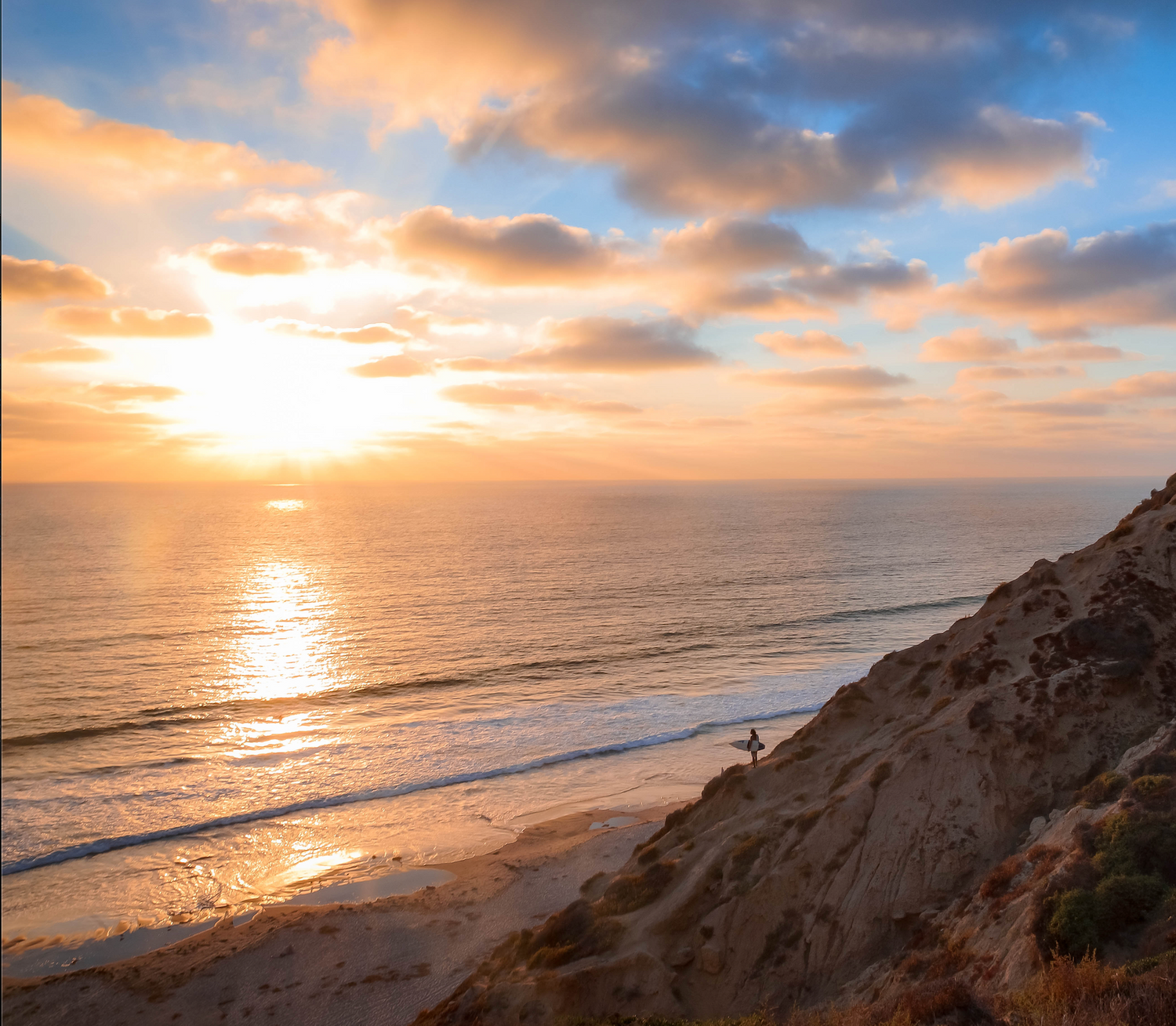
Cbd 101
The Endocannabinoid System
The root of it all, the magical ECS and how it does more than just serve us THC and CBD.
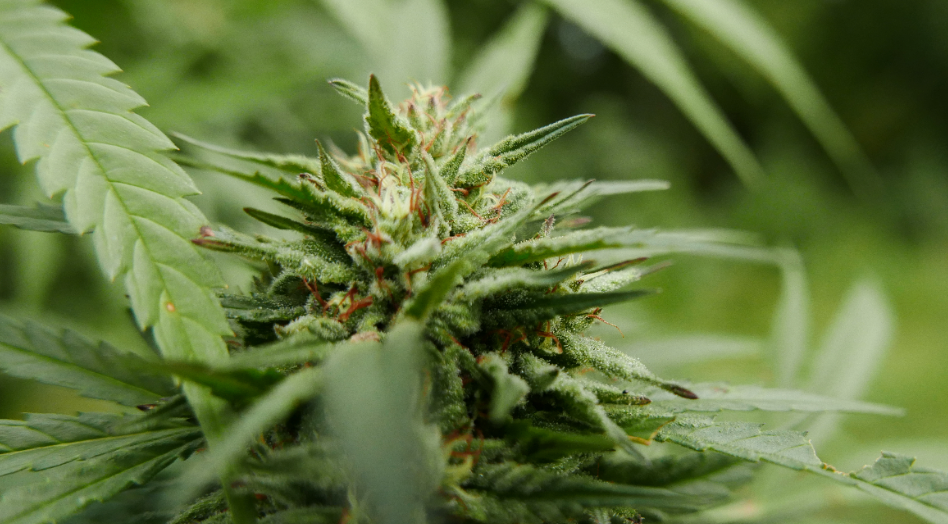
cbd 101
What is CBD?
A deep dive into CBD - where it comes from, why its important, and the different uses.

Cbd 101
Proper CBD Dosing & Proper THC Dosing.
The official guide on how dose for desired effect.
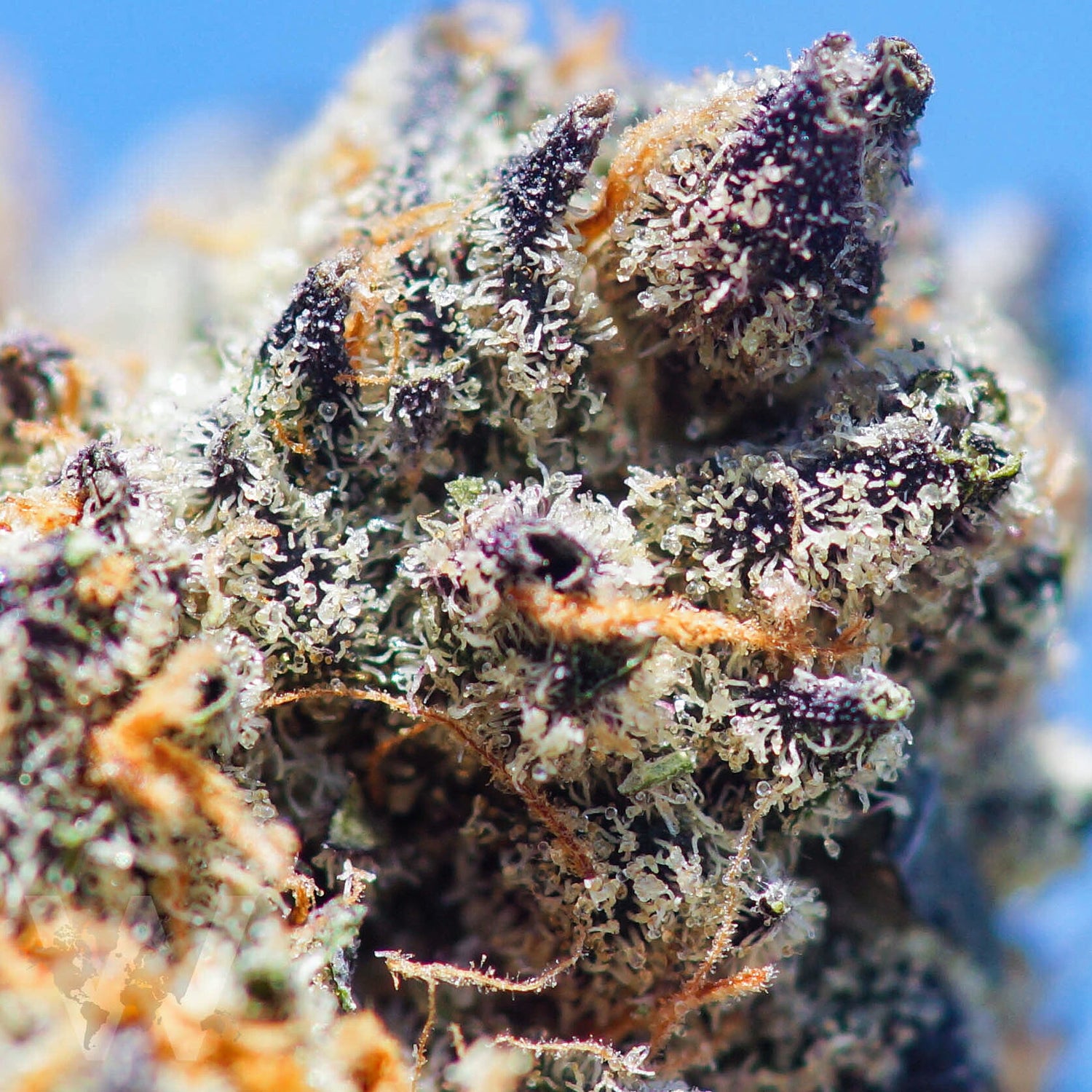
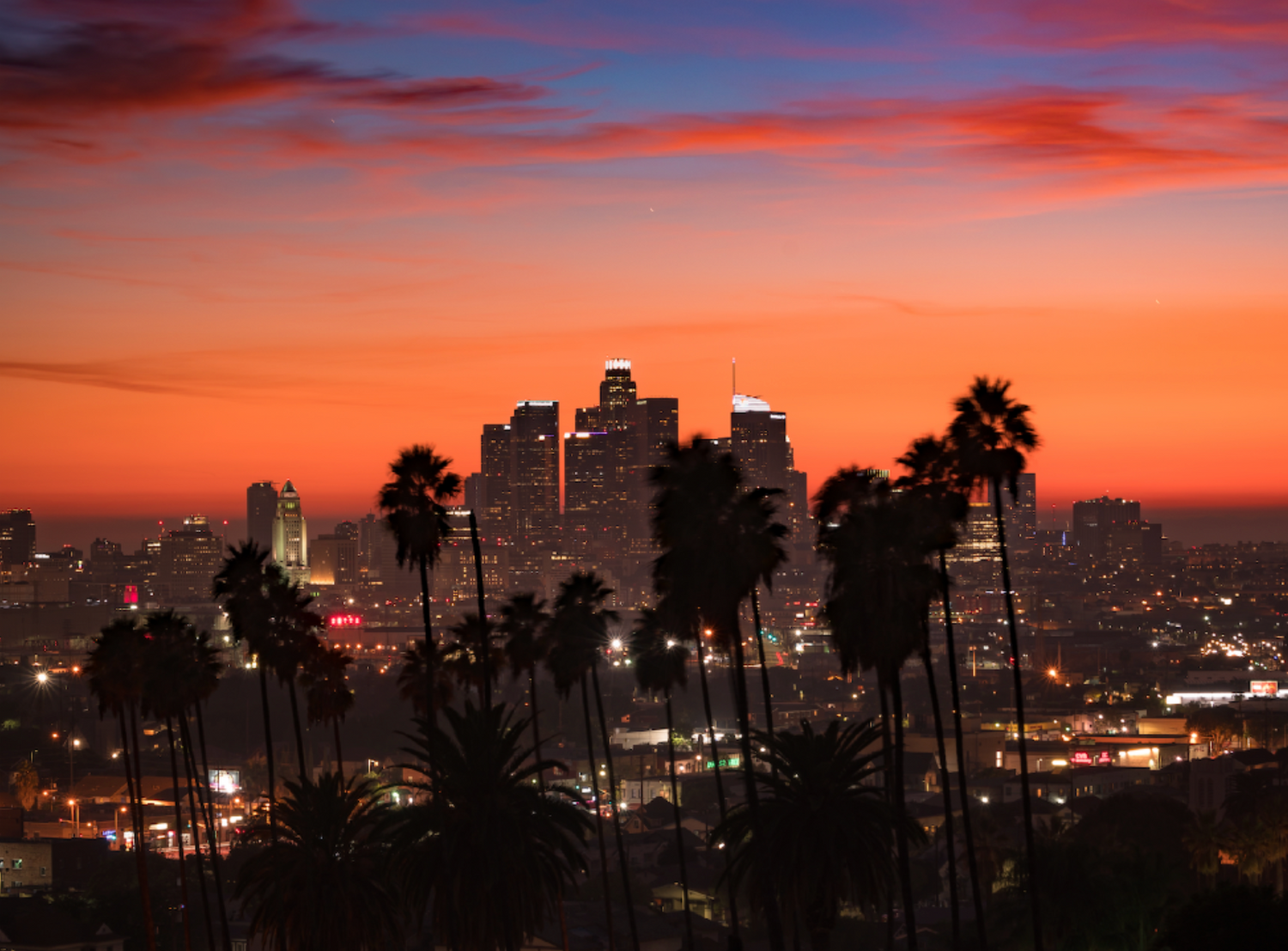
CBD 101
CBD vs. THC
And everything you need to know about using them individually and together.

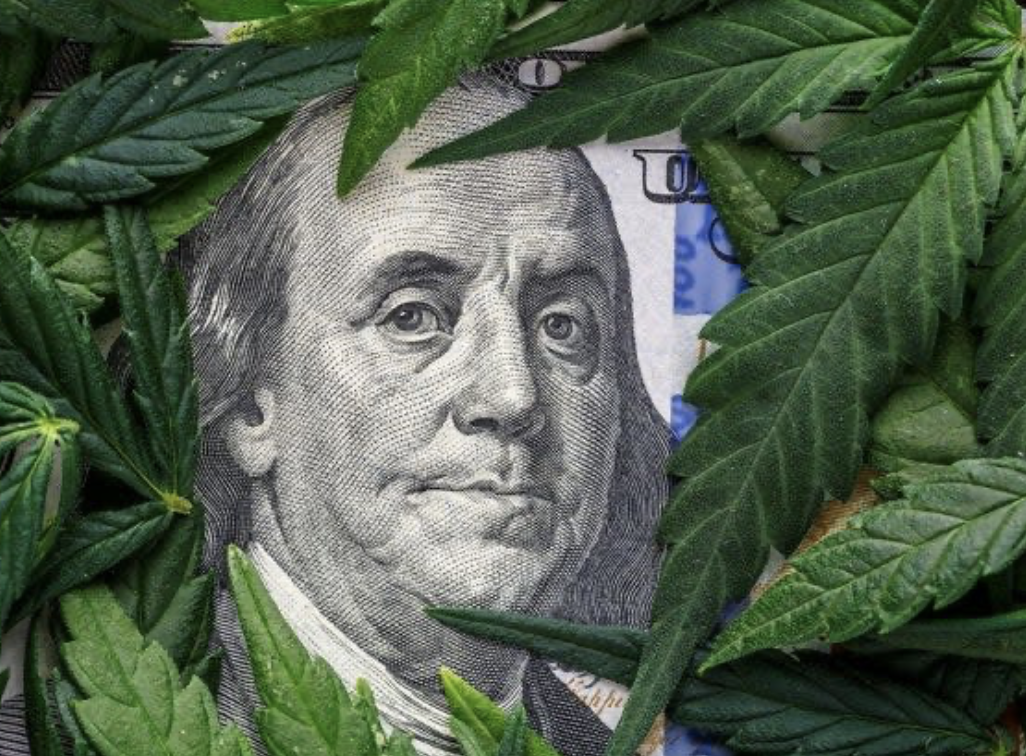
Cbd 101
Legalize! A brief history of Cannabis and CBD.
Why its been illegal so long and the challenges we still face today.

CBD 101
Hemp! What is it good for?
Medical and Industrial uses of hemp, the plant with the most potential to save the world.
